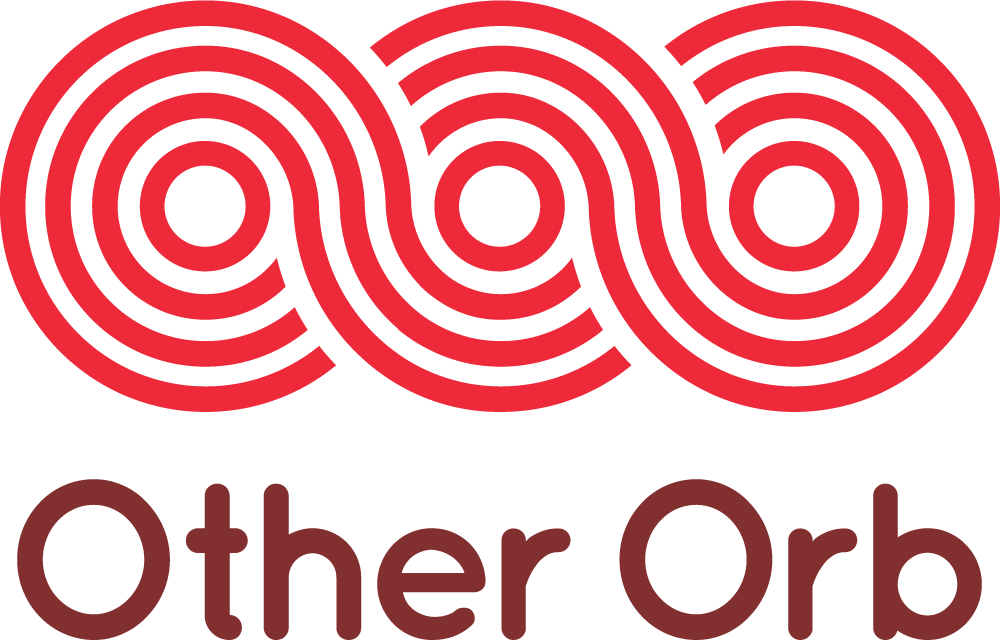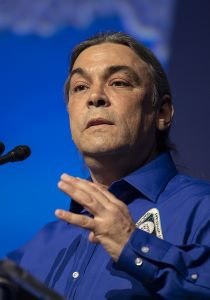Register for the event here (free)
1:15 - 2:00: Panel Discussion
Dr. Ryan Watkins (she/her): Moderator
Dr. Ryan Watkins is a Program Scientist with the Exploration Science Strategy and Integration Office (ESSIO) within the Science Mission Directorate (SMD) at NASA Headquarters. Her scientific expertise is on understanding the effects of rocket exhaust on the lunar soil, and determining physical and compositional properties of the lunar surface using remote sensing data. Ryan serves as a co-leader for the Diverse and Inclusive Science Teams subgroup within SMD’s IDEA Working Group and is a member of SMD’s Inclusion Plan Community of Practice. She has previously served on the cross-AG IDEA Working Group and on the Organizing Committee for the Next Generation Lunar Scientists and Engineers group, where she contributed to efforts aimed at fostering professional development and networking opportunities for early career lunar scientists and engineers. She also volunteers with Mothers in Science, which advocates for mothers in STEM.
Dr. Elizabeth (Zibi) Turtle (she/her)
Dr. Elizabeth (Zibi) Turtle is a planetary scientist at the Johns Hopkins Applied Physics Laboratory. Her research combines remote-sensing observations and modeling of geological structures and their implications for planetary surfaces, interiors, and their evolution, including impact cratering and tectonics on satellites and terrestrial planets, and lakes and seasonal weather on Titan. Dr. Turtle is the Principal Investigator for the Dragonfly New Frontiers mission to Titan, Principal Investigator for the Europa Imaging System (EIS) on Europa Clipper, and participated in the Galileo, Cassini, and Lunar Reconnaissance Orbiter missions. She earned her Ph.D. in Planetary Sciences from Univ. Arizona and her B.S. in Physics from the Massachusetts Institute of Technology.
Bob Pappalardo is the Project Scientist for NASA’s Europa Clipper Mission at the Jet Propulsion Laboratory of the California Institute of Technology in Pasadena, California. He has also served as the Project Scientist for the Cassini Equinox (first extended) Mission at Saturn, for which he received NASA’s Exceptional Service Medal. His research focuses on processes that have shaped the icy satellites of the outer solar system, especially Europa and the role of its probable subsurface ocean. In 1986 he earned his B.A. in Geological Sciences from Cornell University, and in 1994 he earned his Ph.D. in Geology from Arizona State University. From 2001-2006, he was an Assistant Professor of Planetary Sciences in the Astrophysical and Planetary Sciences Department of the University of Colorado at Boulder, and joined JPL in 2006.
Gregory (Greg) Schmidt (he/him)
Greg Schmidt serves as Director of the Solar System Exploration Research Virtual Institute (SSERVI), located in the NASA Research Park at Ames Research Center. Prior to his current position, Schmidt served as founding deputy director for the NASA Lunar Science Institute (SSERVI’s predecessor organization) as well as SSERVI, under which he managed all institute operations and founded the institute’s international partners program. Schmidt was one of the core team who developed the science of astrobiology in the late 1990s and served at the NASA HQ Life Sciences Division, where he developed and managed two new technology programs focusing on enabling technologies for life sciences spaceflight experiments and advanced sensor systems for environmental monitoring. These programs led to two successful Space Shuttle demonstrations of “electronic nose” and miniature mass spectrometer experiments.
Dr. Moses Milazzo (he/him) (Co-Convenor, non-panelist)
Moses is a planetary scientist, educator, curriculum developer, and researcher who has spent the past five years developing, testing, and presenting pro-social programming workshops to professional spaces, including: NASA, The US Geological Survey, educational institutions, high schools, and other professionals. These workshops include: Bystander Intervention; Remote Mentoring; Discussions of Privilege, Power; Employee Peer Support programs; Trauma-Informed Responses for Leaders; and others.
Dr. Kathryn (Kate) (Fishbaugh) Van Waes (she/her) (Co-Convenor, non-panelist)
Kate is the Founder and CEO of Van Waes Consulting, which supports progressive executives and leaders of all levels through tailored advising, coaching, and training centered on healthy workplace cultures, crisis management, and strategic planning. She began her career in planetary science with a focus on the climate record recorded in the Mars north polar ice cap and surrounding terrain. Kate transitioned into foreign policy through a AAAS fellowship at the U.S. Department of State, focused on the intersection of humanitarian aid and terrorism and later serving on the leadership team for the Obama Administration’s flagship global development program. Kate then lead the development of the Inclusive Growth pillar at Bono’s nonprofit, The ONE Campaign, focused on African women-led economic growth. Before founding her business, she served as Executive Director at American Hiking Society, successfully leading it through a period of tremendous evolution.
2:00 - 2:45: Small Group Discussion Sessions
Dr. Edgard (Ed) G. Rivera-Valentín (They/Them): Recruitment and Retention of Diverse Teams in Planetary Science
Ed is a planetary scientist at APL. Their research focuses on applications to planetary protection and planetary defense. In particular, they study surface processes with implications for planetary habitability and use ground- and space-based radar observations to characterize asteroids and planetary surfaces. Ed is a member of the SciAct Planetary ReaCH team, served on the State of the Profession panel of the recent planetary decadal survey, and was one of the conveners of the Advancing IDEA in Planetary Science conference.
Dr. Jennifer (Jen) Piatek (she/her): Inclusive Fieldwork
Jen is a professor of planetary geology and chair of the Earth & Space Sciences department at Central Connecticut State University. Her research interests involve remote sensing of planetary surfaces, particularly in infrared wavelengths; most recently examining Martian impact crater deposits in thermal infrared data. She has been a wheelchair user for over a decade, and has been working to adapt to geology on wheels (rather than hiking boots): She is an active volunteer for the International Association for Geoscience Diversity (theiagd.org) and is one of the faculty for the GeoSPACE accessible planetary volcanology field course.
Dr. Kristen Bennett (she/her): Team Inclusion Strategies and Tactics
Kristen Bennett is a planetary scientist at the U.S. Geological Survey’s Astrogeology Science Center. She is an expert in remote sensing of planetary surfaces and planetary data analysis specializing in lunar volcanology and martian sedimentary geology applications. Dr. Bennett has extensive experience on NASA mission teams, and is a Deputy PI of the Lunar Reconnaissance Orbiter Diviner instrument, a Co-I on the Mars Science Laboratory, and a Co-I on the PRISM Lunar-VISE payload to the Gruithuisen domes. Dr. Bennett is dedicated to diversity, equity, and inclusion efforts through her involvement in Bystander Intervention training, organization of the 2020 Preventing Harassment in Science Workshop, and as the Equity, Diversity and Inclusion chair of the Lunar Exploration Analysis Group.
Dr. Shannon MacKenzie (she/her): Making Small Teams More Inclusive
Shannon MacKenzie is a planetary scientist at JHU APL interested in the icy satellites of the outer solar system. Her research includes using remote sensing and terrestrial analogs to investigate sediments, surfaces, and their astrobiological potential. She is a Co-I and the Deputy Project Scientist on the Dragonfly mission and served as the Principal Investigator of the Enceladus Orbilander mission concept study. Shannon earned her BSc in physics from University of Louisville and her MSc and PhD in Physics from the University of Idaho.










